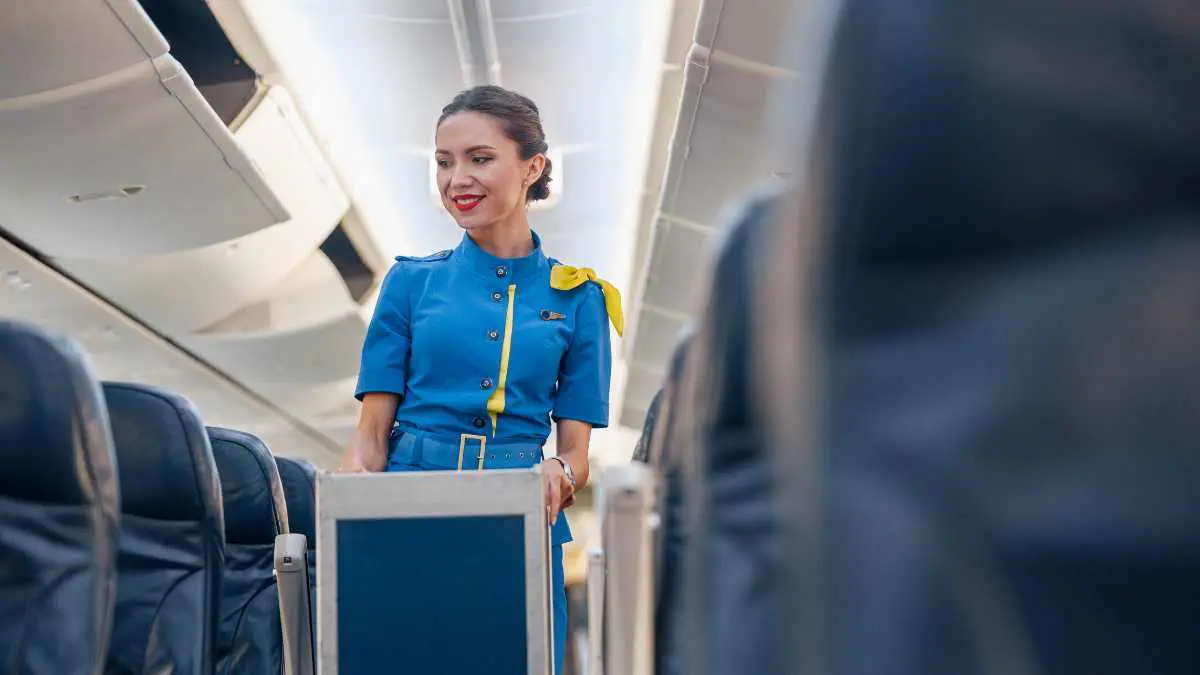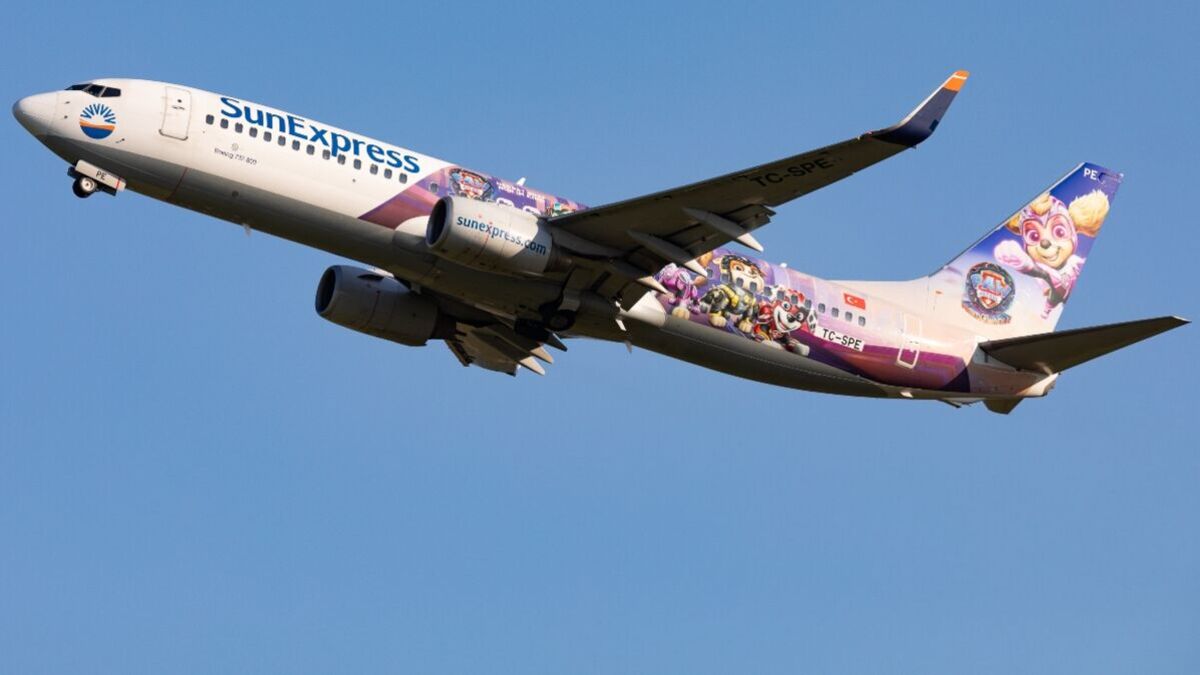Travelling can be a daunting endeavour, especially when health concerns loom large. This was the reality for Georgie Palmer and her family, who found themselves at the centre of a distressing incident while boarding a SunExpress flight from London to Dalaman, Turkey. The Palmer family’s ordeal began innocuously enough on May 21, as they prepared for what was expected to be a joyous vacation. However, the situation quickly escalated due to concerns over Palmer’s daughter, Rosie, who suffers from a severe peanut allergy.
Rosie’s condition is no trivial matter; exposure to peanuts could trigger a potentially fatal anaphylactic reaction. Understanding the gravity of the situation, the Palmers requested the flight crew to make a simple announcement to their fellow passengers, requesting them not to consume peanuts during the flight. This request, however, was not met with the support they had hoped for.

A Family’s Plea Meets Resistance
The airline staff’s refusal to accommodate Palmer’s request set a series of events into motion. Faced with a lack of cooperation from the crew, Georgie Palmer took a proactive approach. In an Instagram post, she detailed her method: “We gently asked the passengers at the front of the plane to share our request,” which cascaded through the cabin “as swift as a carefully crafted toppling domino trail.”
Despite the passengers’ compliance and understanding, the pilot’s reaction was far from sympathetic. Palmer recounts the pilot’s response as both shocking and disproportionate. “He began to yell at us and ultimately ordered us to leave the aircraft,” she told MailOnline. This reaction forced the family to incur substantial additional costs, approximately $6,400 in alternative travel arrangements and accommodations.
The Airline’s Stance
In the wake of the incident, SunExpress defended its actions by citing policy. A spokesperson stated that the airline does not make such announcements as it “cannot guarantee an allergen-free environment on our flights.” They also noted that passengers are required to inform the airline of any special needs 48 hours prior to their flight—a condition Palmer claims to have attempted to meet, albeit unsuccessfully.
Further complicating matters, the airline alleged that Palmer’s husband, Nick Sollom, exacerbated the situation by being aggressive towards the crew and attempting to access the cockpit. Both Palmer and Sollom have vehemently denied these claims, describing them as “absolute nonsense.”

An Advocate Weighs In
The incident has sparked outrage among advocacy groups. Nadim Ednan-Laperouse, co-founder of the Natasha Allergy Research Foundation, expressed his dismay on Facebook, urging SunExpress to reconsider its policies.
“Food allergies are an illness, not a lifestyle choice,” he stated, emphasizing the critical nature of such accommodations. Ednan-Laperouse’s comments highlight a broader issue within the airline industry, where policies on allergens vary significantly, leaving many travellers in a precarious position.
A Call for Change
This incident sheds light on the challenges that individuals with severe allergies face when travelling. It also underscores the need for clearer, more consistent policies across all airlines to support passengers with health concerns. The disparity in airline policies is notable, with only a few major carriers like British Airways and Delta offering more comprehensive accommodations for passengers with allergies.

As the debate over airline policies continues, the Palmer family’s unfortunate experience serves as a poignant reminder of the urgent need for systemic change. Ensuring the safety and well-being of all passengers, especially those vulnerable to severe allergic reactions, must be a priority in the ever-evolving landscape of air travel.
In a world that prides itself on increased accessibility and inclusivity, the airline industry still has significant strides to make. As travellers and advocates push for these essential changes, one can only hope that future policies will reflect a more compassionate and accommodating approach to passenger safety.










